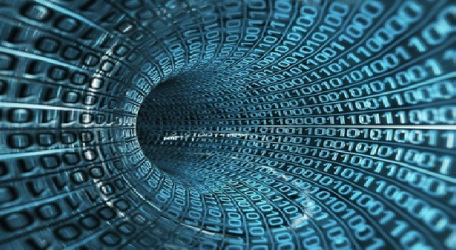
Some contend that the argument is over, the battle decided. Technology has won, they say. It dominates our lives. It dictates how we live, how we work, how we think. The reading chair is empty now. We are tied to our screens, our alerts, our ringtones, our texts.
Twenty years later the vision Birkerts articulated still hits home but it does need some tweaking. First of all I would leave out the soul, which carries too many connotations of specific religious dogmas, especially of an afterlife. Better that we talk about the human spirit with all its physical, mental, and emotional facets. And I think, at best, that we're in a different position vis-à-vis the technologies that permeate our lives. It should be less an argument, which suggests loud voices taking definite sides and vigorously debating strong positions, and more of a search. We do struggle with the relationship between technology and the human spirit, but it's more of a dialogue than an argument, more of an exploration of how we shall move forward with all this technology we've created. The real question has become how shall we live our lives under the conditions we face and how shall we live them well.
This is why we tell each other stories, stories like The Gutenberg Elegies, that help us understand what it's like to live our lives today.

 RSS Feed
RSS Feed